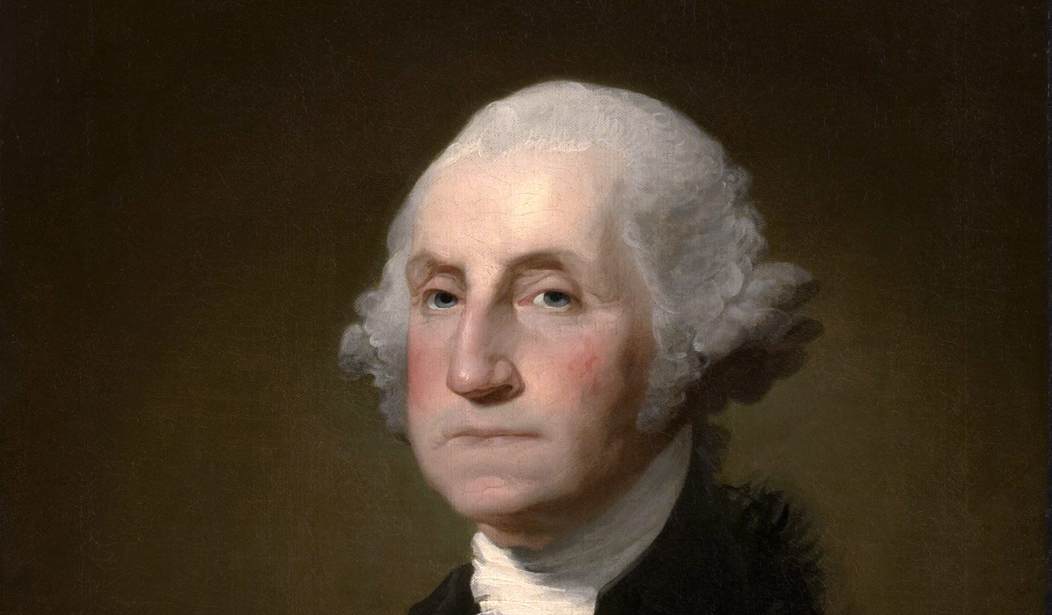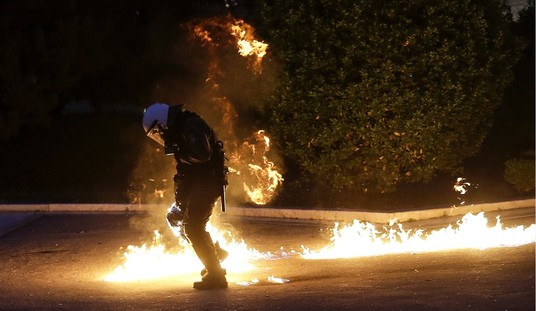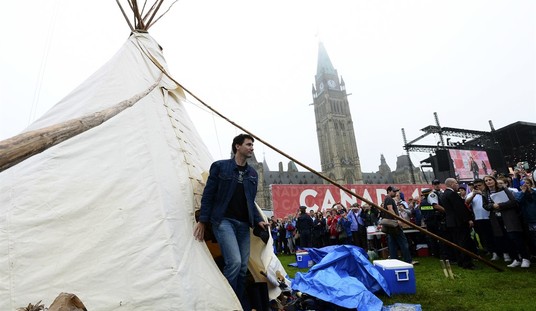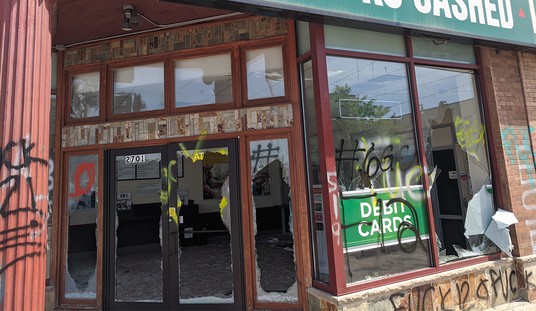According to a new survey released on the eve of President’s Day by the Woodrow Wilson National Fellowship Foundation, only 4 in 10 Americans could pass a basic citizenship exam. The majority of people surveyed failed the test in every state but one — Vermont!
“Unfortunately, the Woodrow Wilson Foundation has validated what studies have shown for a century: Americans don’t possess the history knowledge they need to be informed and engaged citizens,” Arthur Levine, president of the Woodrow Wilson (WW) Foundation, said in a statement.
In Vermont, the top state, only 53 percent of people were able to answer at least 60 percent of the questions correctly, passing the test. In Louisiana, the bottom state, only 27 percent were able to pass the test. Only 27 percent of those under age 45 were able to pass. The WW Foundation surveyed 41,000 Americans in every state and the District of Columbia.
Patrick Riccards, chief communications and strategy officer at the WW Foundation, gave PJ Media more insight into how Americans failed so spectacularly at understanding their own history.
Only a third (32 percent) could correctly identify three of the original 13 states from a multiple choice list. Only 56 percent could identify America’s opponents during World War II. Only 29 percent knew that Benjamin Franklin was famous for being a diplomat (37 percent incorrectly said he invented the lightbulb). Only 71 percent could identify Thomas Jefferson as the author of the Declaration of Independence.
Although the vast majority of Americans (70 percent) knew the Cold War was fought over communism, 17 percent said the Great Depression caused it, while 6 percent said America fought the Cold War over slavery, which had been abolished nearly 100 years before the beginning of the Cold War.
Tragically, most Americans could not say why the colonists fought the British in the American Revolution. A full 42 percent said they fought “because of the financial crisis,” while 11 percent said Americans fought “to help native Indians to get freedom,” 7 percent said they fought “to free African slaves,” and 17 percent frankly admitted they were “unsure.” Only 23 percent rightly identified one cause of the Revolution — “Because the British Army stayed in their houses.”
Only 15 percent of Americans in the survey rightly identified the year the U.S. Constitution was written (64 percent said it was written in 1776), and only 25 percent knew how many amendments it has. A quarter (25 percent) did not know that freedom of speech is guaranteed in the First Amendment, and 57 percent did not know that Woodrow Wilson was president during World War I.
The top ten states were Vermont (53 percent passed), Wyoming (49 percent), South Dakota (48 percent), Montana (47 percent), Virginia (46 percent), Nebraska (45 percent), Delaware (45 percent), Minnesota (45 percent), North Dakota (45 percent), and Utah (45 percent).
The bottom ten were Michigan (36 percent passed), Alaska (35 percent), South Carolina (34 percent), West Virginia (34 percent), Georgia (33 percent), Mississippi (31 percent), Alabama (31 percent), Arkansas (30 percent), Kentucky (29 percent), and Louisiana (27 percent). Other state results can be seen in the chart below.
“American history education is not working, as students are asked to memorize dates, events and leaders, which the poll results shows are not retained in adulthood,” Levine, the WW Foundation president, said.
He argued that the problem isn’t “whether high school history teachers are adequately prepared or whether kids study American history in school,” but rather “how we teach American history.”
“Now it is too often made boring and robbed of its capacity to make sense of a chaotic present and inchoate future,” Levine said. “Instead, knowledge of American history must serve as an anchor in a time when change assails us, a laboratory for studying the changes that are occurring and a vehicle for establishing a common bond when social divisions are deep. This requires a fundamental change in how American history is taught and learned to make it relevant to our students’ lives, captivating and inclusive to all Americans.”
Students often think of studying history as a chore, and few are captivated by the drama it presents. Unlike most countries throughout history, the United States was founded on an idea. Disgruntled colonists threw off the yoke of empire in order to govern themselves, and they created a country so successful that it became an empire of sorts. A country founded on representative government had to settle the horrific evils of race-based slavery, Jim Crow, and segregation.
In the last hundred years, women gained the right to vote, alcohol was forbidden and then made legal again, and the United States defeated Nazism and Japanese imperial religion, only to face a long battle with Soviet Communism. Many Soviet defectors and even spies went to teach in American universities. Meanwhile, the grand structure of America’s Constitution was subverted by a Progressive movement pushed by Republicans and Democrats to make way for an administrative state.
Free markets enabled a prosperity unprecedented in the history of the world, with new inventions like cars and airplanes, microwaves and refrigerators, central air and heat, the radio and television, the internet and smartphones, and more.
Now, America must wrestle between competing views of government — rooted in the Constitution, the administrative state, or Communism. A new generation, raised with little understanding of the difference between historical poverty and the prosperity enabled by free markets, aims to bring about equality, heedless of the damage big government would cause.
A proper understanding of American history is vital for citizens to understand why Americans are so polarized today, and how citizens might bridge the immense divides.
Follow Tyler O’Neil, the author of this article, on Twitter at @Tyler2ONeil.











Join the conversation as a VIP Member